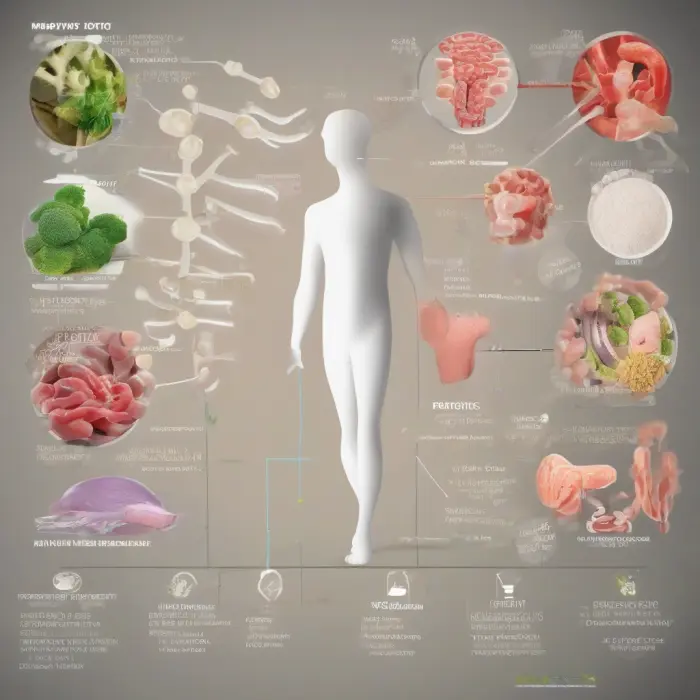The Impact of Social Media on Body Image and Mental Health
In the digital age we live in, Social media platforms play a central role in shaping the way people perceive themselves. Billions of images and posts are shared and exchanged daily on social media platforms, exposing users to a world-class beauty and fitness standards. These standards have a significant impact on our body image and mental health. However, the impact is most often adverse and negative, contributing to a volatile sense of self and a heightened risk of mental health disorders, including depression, anxiety, and eating disorders.
Body Image
The concept of body image refers to how we perceive our bodies and how we believe others perceive us. Body dissatisfaction, or the discrepancy between our body image and what we perceive as the ideal body, is a widespread issue among both men and women, particularly in youth.
Social media platforms are often saturated with images of models and celebrities who possess what is often considered to be the perfect body shape and size. The constant exposure to these photos can prompt unfavorable comparisons, leading to a distorted body image and body dissatisfaction.
The Role of Comparison
Although comparisons are a natural part of human behavior, social media heightens this practice by providing a platform for users to compare themselves with others on a grand scale. Many people base their self-worth on how they stack up against others in terms of physical appearance.
'Fitspiration' images are another pervasive source of comparisons on social media. These images promote fitness and a lean body as the epitome of beauty and health. Consequently, they can increase body dissatisfaction and promote unhealthy behaviors in those who fall short of such unrealistic beauty standards.
Mental Health
Moreover, when individuals fail to meet the ideal body image they see on social media, it becomes a threat to their self-esteem and mental health. A negative body image can lead to feelings of worthlessness, inadequacy, anxiety, depression, and can even fuel eating disorders.
Depression and Anxiety
The impact of social media on mental health is extensive and multifaceted. Not only does social media use instigate feelings of self-consciousness or dissatisfaction, but it can also exacerbate symptoms for those already struggling with mental health issues. Prolonged social media use has been linked to increased levels of anxiety and depression.
Uncommunicated feelings of body dissatisfaction and low self-esteem can lead to chronic feelings of sadness and hopelessness, frequently observed in depression. Simultaneously, continuous exposure to highlight reels of others' lives can create anxiety - fear, worry, and uneasiness.
Eating Disorders
The role of social media in promoting unhealthy dietary behaviors and eating disorders has been increasingly recognized. Pressure to conform to physical standards and fear of negative body evaluation can lead to unhealthy dieting and excessive exercise, possibly leading to eating disorders such as Anorexia Nervosa and Bulimia Nervosa.
Conclusion
While social media is a valuable tool for connection and communication, it's crucial to acknowledge its potential negative impacts on body image and mental health. This awareness allows users to navigate social media more mindfully and build resilience against negative influences.










